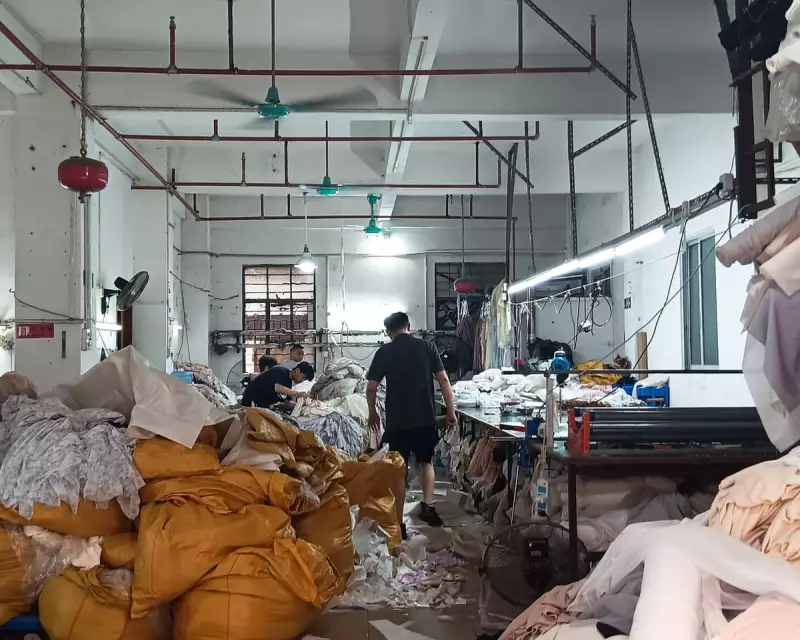
Guangzhou’s bustling fast fashion industry is facing unprecedented challenges as former US President Donald Trump’s tariffs continue to disrupt global trade flows. The city, a hub for textile manufacturing, is adapting to shifting economic policies that threaten its dominance in the sector.
The Impact of Trump’s Trade Policies
Since the reimposition of tariffs on Chinese goods, Guangzhou’s manufacturers have been forced to rethink their strategies. Many are exploring alternative markets, while others are investing in automation to cut costs and maintain competitiveness.
Adapting to New Realities
Local factories are increasingly turning to Southeast Asia and Africa to bypass US tariffs. Meanwhile, some businesses are focusing on domestic consumption, betting on China’s growing middle class to offset lost exports.
The Human Cost
Workers in Guangzhou’s garment district report longer hours and shrinking wages as companies scramble to stay afloat. "We’re doing more for less," says one factory employee, who asked to remain anonymous.
What’s Next for Fast Fashion?
Analysts predict further consolidation in the industry as smaller players struggle to adapt. The trade war’s ripple effects may reshape global supply chains for years to come.





